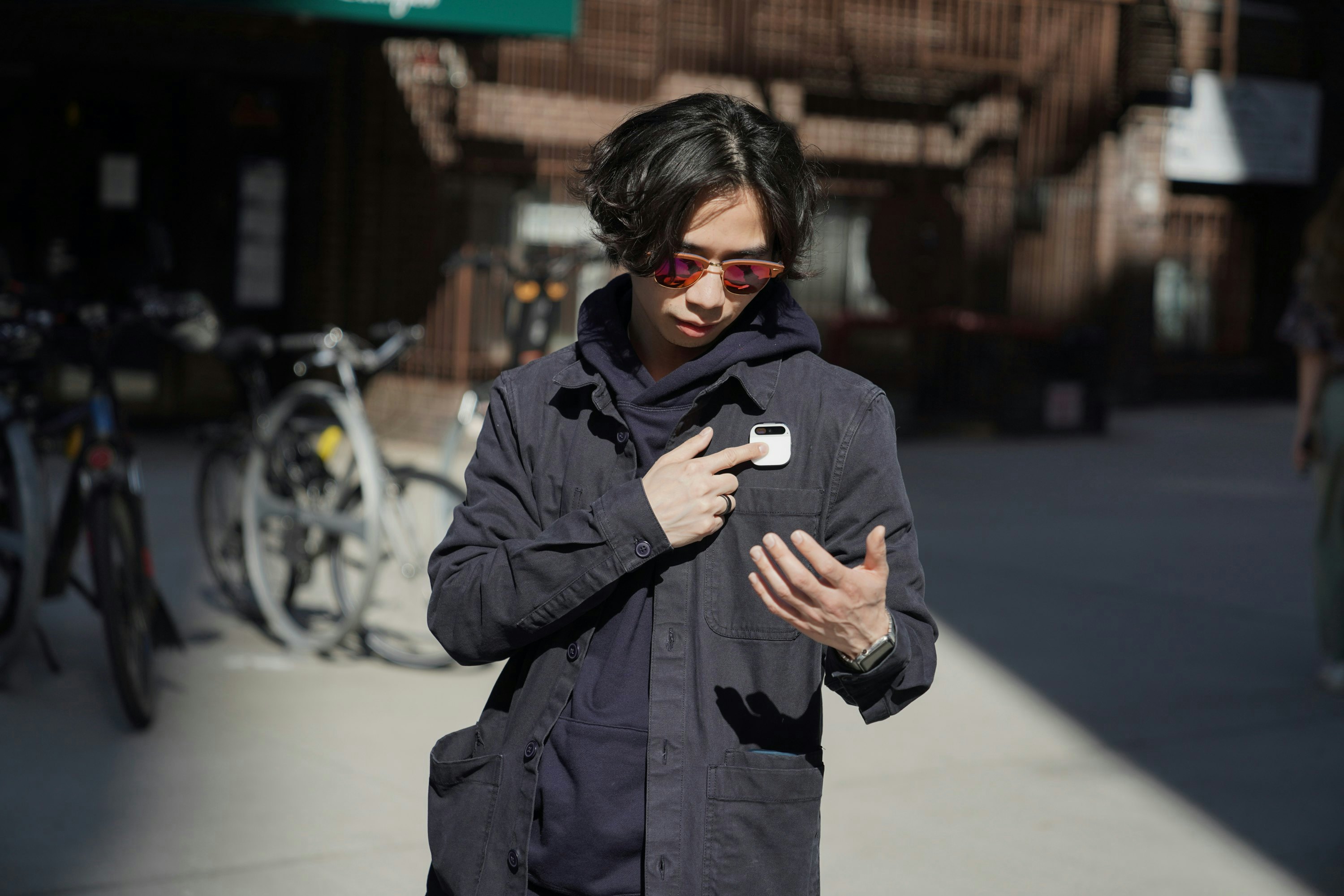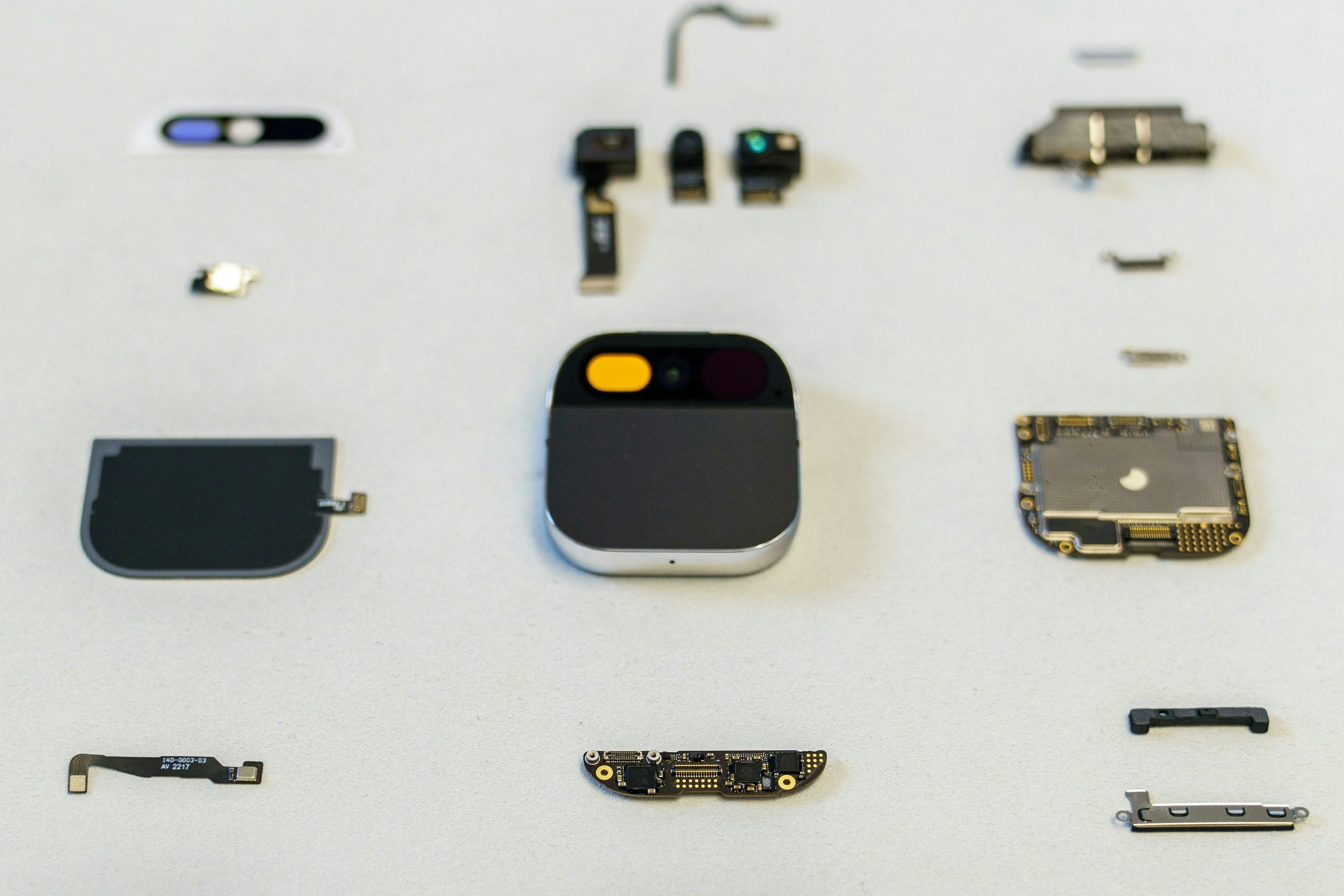
Humane, the tech startup behind the Ai Pin, sure sounds like it’s in trouble — deep trouble.
After releasing the clothing-worn AI gadget in April to mostly poor reviews, the company this week told customers to stop using the polished, egg-shaped charging case. The company said that bad battery cells used in the accessory “may pose a fire safety risk” and despite only receiving “a single report of a charging issue while using a third-party USB-C cable and third-party power source,” it’s advising customers to stop using the accessory “out of an abundance of caution.”
This is in addition to a report from The New York Times that claims Humane is in discussions to potentially sell its assets to HP for “more than $1 billion.” Alternatively, the company is reportedly considering licensing its technology out. Bloomberg previously reported that Humane was looking to be acquired for $750 million to $1 billion.
According to The New York Times, Humane co-founders Imran Chaudhri and Bethany Bongiorno were aware of the Ai Pin’s shortcomings, including its short battery life and tendency to overheat while worn, but decided to launch the AI gadget anyway.
Per The New York Times:
Before showing the gadget to prospective partners and investors, Humane executives often chilled it on ice packs so it would last longer, three people familiar with the demonstrations said.
The question now is whether Humane can pull off a spectacular turnaround — and salvage the Ai pin — or if it will fade into obscurity in record time.
From Bad to Good
As one of a bunch of reviewers who tested the Ai Pin weeks prior to its launch, I documented my rollercoaster journey, where the device either worked or didn’t work. I also experienced the weak battery life and overheating problems.
Weeks after the reviews lifted, Humane started improving many of the Ai Pin’s flaws. The company improved stabilization for video capture (though footage can still look jerky in motion). It rolled out OpenAI’s GPT-4o to the device, which reduced inaccurate responses and shortened the amount of time it takes to get a response back after prompting. I can confirm GPT-4o vastly improves the Ai Pin experience.
A week ago, the Ai Pin’s in-beta Vision feature got more intelligent with Gemini 1.5 Flash, and improvements to searching for nearby places (among other features) were added.
Internally, a beta 1.1.4 version of the Ai Pin’s CosmOS software, reportedly eliminated all the thermal issues and improved battery just a bit. I have not independently verified the overheating has been fixed; I have yet to be accepted into the beta.
While far from perfect or even the device Ai Pin was promised at launch, it’s clear Humane is making efforts to better the product to live up to expectations.
Which Runs Out First: Cash or Time?

With $240 million in funding raised, Humane has a decent war chest to help burn through to keep iterating on the Ai Pin, and hopefully, launch a second-generation version that might be more welcomed.
But time is not on Humane’s side. The Ai Pin came out in April, only two months ago. In the public consciousness, the Ai Pin is already considered one of the worst tech products of all time, despite it not actually being “useless” and having been improved greatly.
The Ai Pin is a device designed for a very specific lifestyle — a person who cares deeply about being more present than staring at apps on their phone — and its limitations could be considered selling points in that respect. Just because it’s not for everyone doesn’t mean it’s not for anyone. However, the reality is that the market for these users is probably more niche than Humane realized. With the narrative already working against Humane, the company not only needs to fix the Ai Pin, it needs to rehabilitate its brand.
I’m not here to suggest to Humane how to do that, but I can tell you from two months of nearly daily wear that most people still haven’t heard of the Ai Pin, and many of the people who have asked me about the device on my shirt have been blown away when I demo the AI finding a nearby restaurant, playing music, or taking photos. The Laser Ink Display projector always knocks them off their socks without fail; it’s a hell of a conversation starter that I’ve been using as a way to meet new people. (It’s staggering how many people I’ve met through talking about the Ai Pin.)
So which one gives first? Cash or time? From the sounds of things, Humane might be running out of both. If Humane implodes within a few months after launching the Ai Pin, it will almost definitely put the kibosh on this whole AI gadget wave. If a company made up of ex-Apple veterans, with hundreds of millions in funding, can’t make a new AI gadget work, what chance does an even smaller startup like Rabbit, which itself is under scrutiny for not presenting its so-called AI-powered large action model (LAM), have?
Even if you ignore the whole smartphone-replacing messaging that Humane originally pitched the Ai Pin as, you gotta admit that we need companies like Humane to try to break the status quo. Nothing wrong with smartphones getting more useful with AI, but how depressing is it that there’s nothing new to look forward to in the world of consumer tech? Or that it’s just shoving AI into existing products like wireless earbuds? At least the Ai Pin is a new form factor with new ideas for mobile computing.







